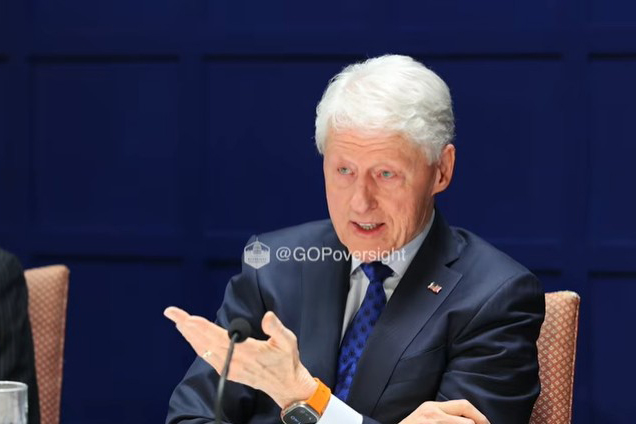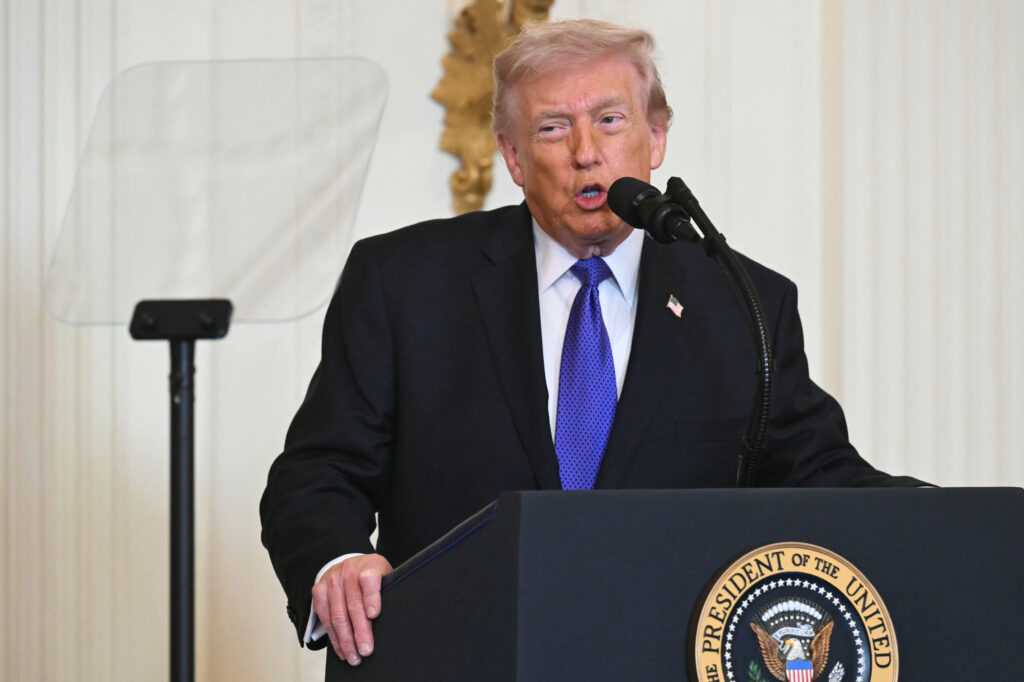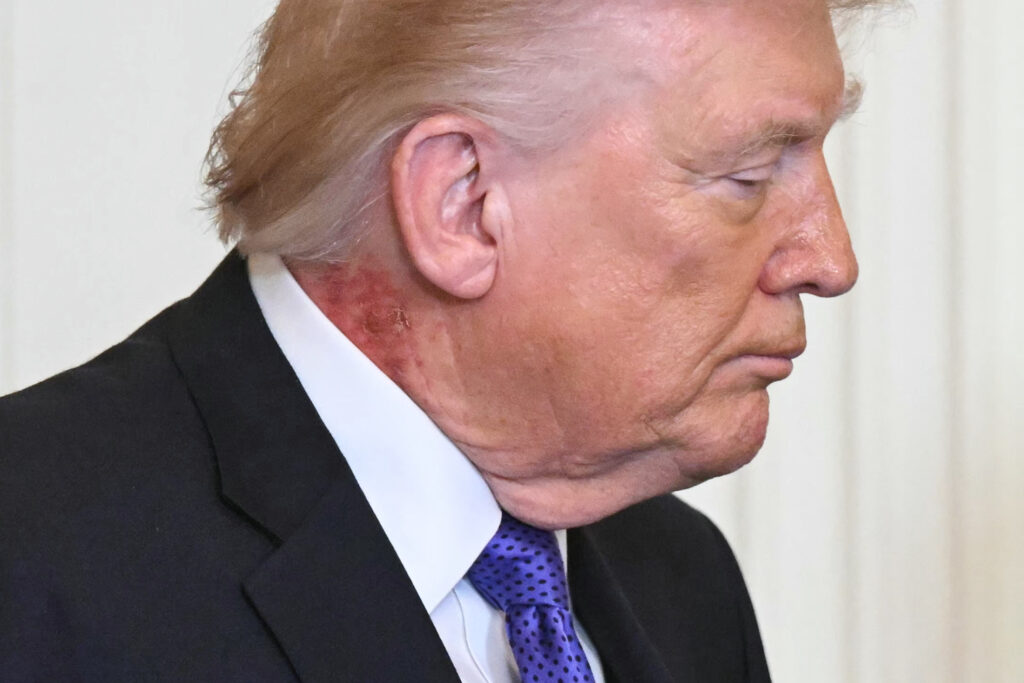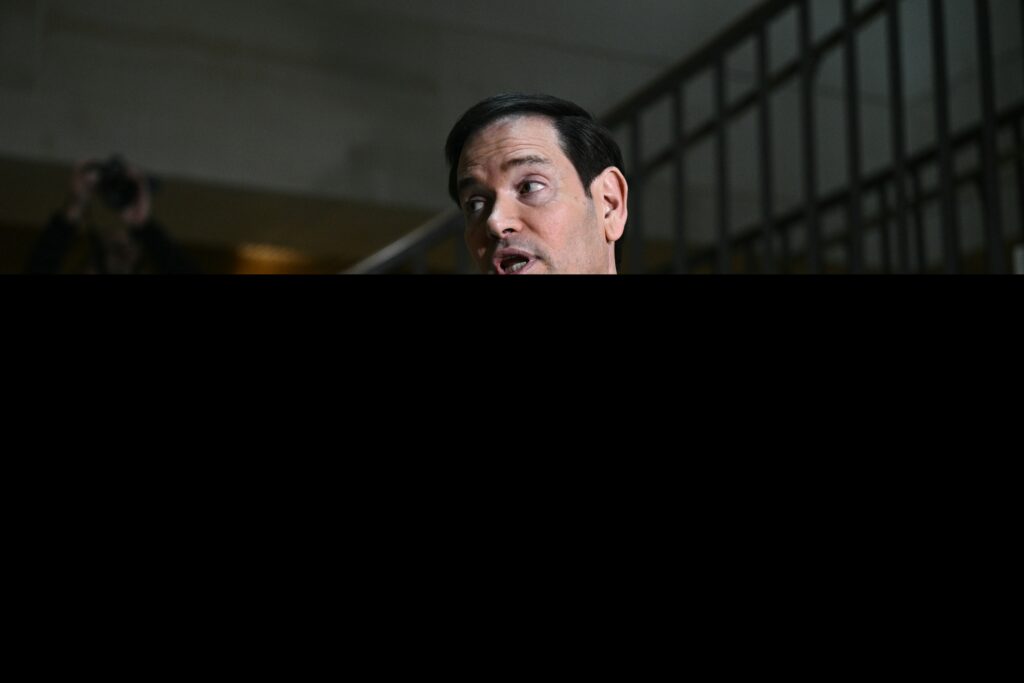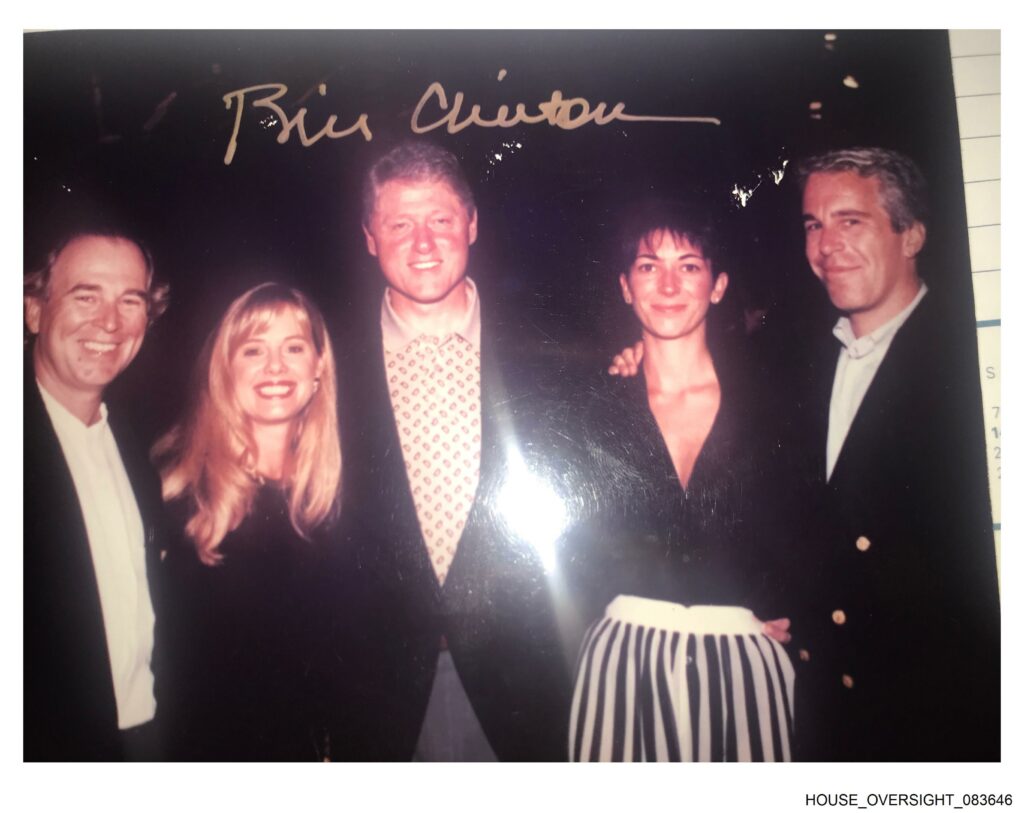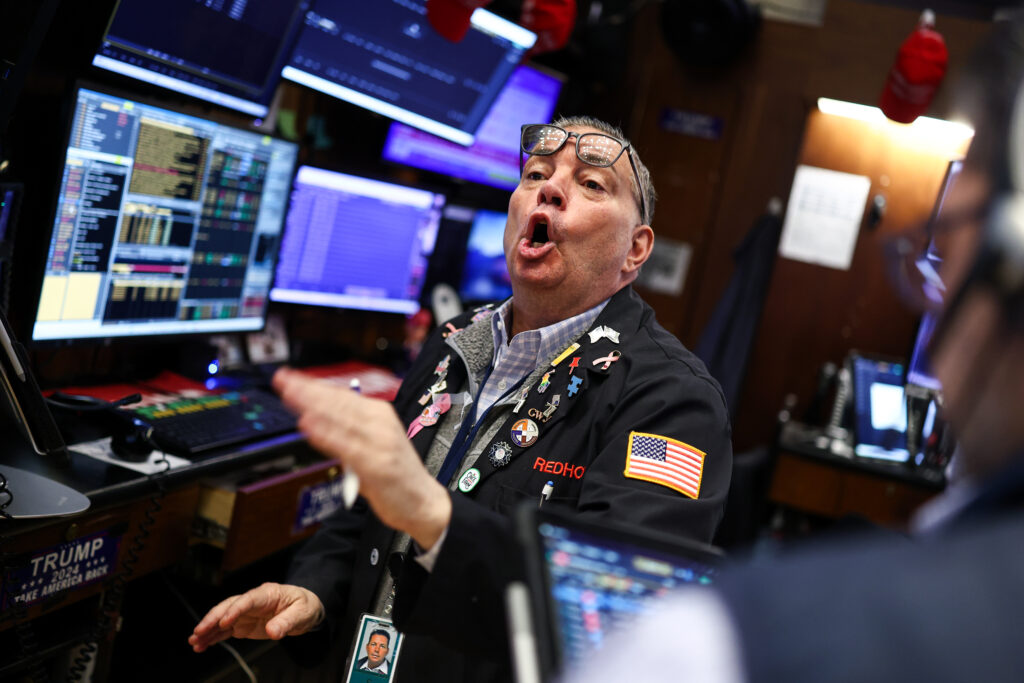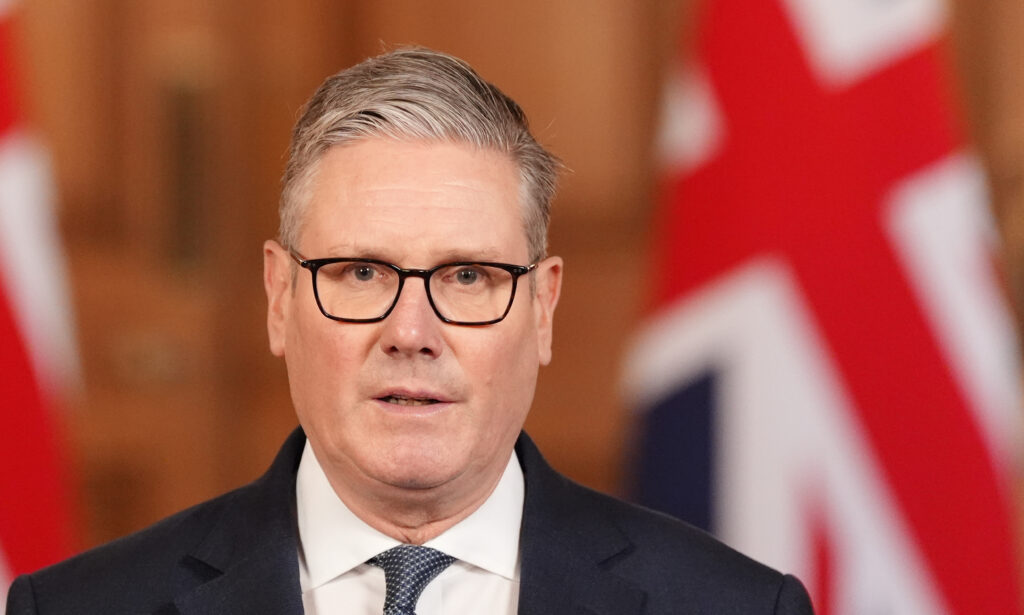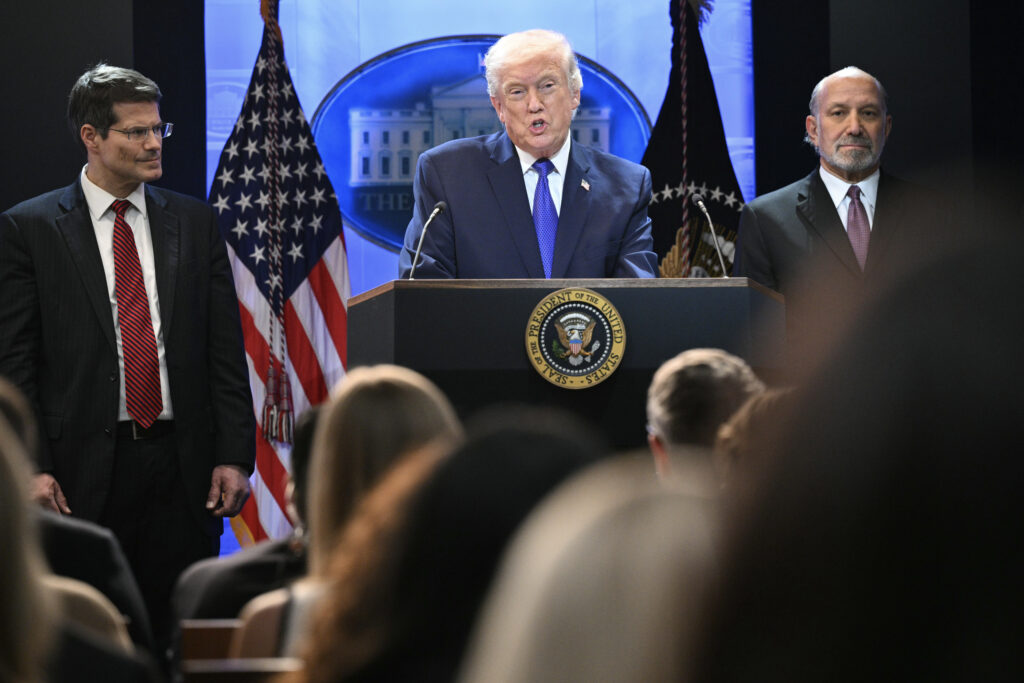US slaps sanctions on Rwanda military over DR Congo ‘violation’
The United States said Monday that it was imposing sanctions on Rwanda’s military, taking action against a longtime partner it accused of violating a peace agreement in the Democratic Republic of Congo.The mineral-rich east of DRC has seen decades of conflict, but violence flared last year when the Rwandan-backed M23 group made huge gains, capturing …
US slaps sanctions on Rwanda military over DR Congo ‘violation’ Read More »


